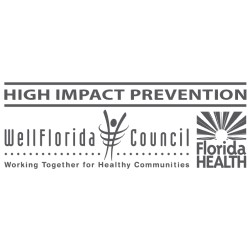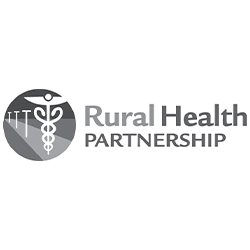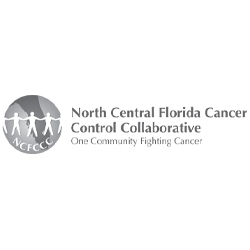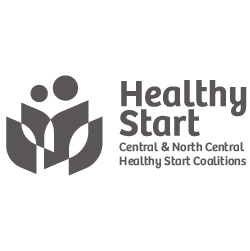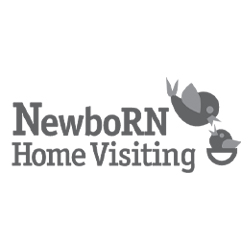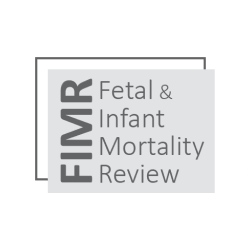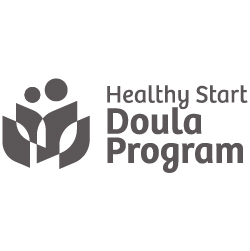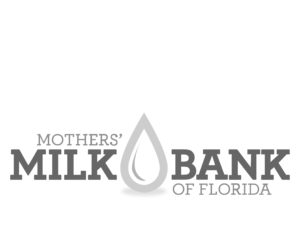How to spend $212M? Survey will help trustees
Ocala Star Banner
By Fred Hiers
The Marion County Hospital District now has the beginnings of a framework by which it can decide how to financially support Marion County healthcare endeavors.
The district, which owns Munroe Regional Medical Center on behalf of the public, but leased it a year ago to a national healthcare conglomerate, commissioned a survey of Marion County’s healthcare needs. It now has the preliminary results, and on Aug. 24 consultants will present their findings. The public is invited to attend.
The district will use the study to help decide the kinds of healthcare programs it will fund. The money will come from interest generated from $212 million that Community Health Systems paid the district as part of its lease agreement.
The assessment, performed by non-for-profit WellFlorida Council, also included a survey of the general public, businesses and doctors about what they thought were important.
The WellFlorida study took an in-depth look examining Marion County’s healthcare shortcomings, citing a litany of areas where residents failed to get proper physical, mental and dental healthcare — and the consequences of those failures. Among the findings:
*The number of emergency room visits in Marion County that could attributed to mental health issues dwarfed Florida’s average.
In 2013, local emergency rooms saw more than 28,700 visits attributed to mental health issues. The resulting rate, calculated by considering population, was more than 50 percent higher than the state rate.
When just patients who are younger than 18 are concerned, the disparity with the state is even greater. Nearly 1,500 people younger than 18 went to a Marion County emergency rooms because of mental health problems in 2013.
*In 2013, Marion County had a suicide rate of 20.9 per 100,000 residents, compared to 15.0 for Florida’s average.
*Nearly 15 percent of Marion County’s adults are diabetic.
*More than one-third of residents are obese.
*Nearly one-third of people live sedentary lifestyles with no regular exercise.
*Median Medicaid enrollment in Marion County, a sign of poverty, is higher than the Florida average.
*There are fewer hospital beds per capita than statewide, and more “food deserts,” as well.
Ed Dean, who is a consultant for the district and worked with WellFlorida to conduct the study and survey, has confidence the report will help the trustees decide how to allocate the $212 million from CHS.
“The data shows that clearly we have a lot of work to do in our community to improve health outcomes and the health and wellness of our residents,” Dean said. “I am confident that the Marion County Hospital District, together with all of its community partners, will be able to strategically address where health improvements can be made.
“This will be a journey which will be ongoing as we work together to make healthier lives the number one priority in this county.”
Nearly 900 members of the public, along with businesses and physicians, responded to the survey, identifying what they thought were healthcare problems in the area.
The general public and area businesses ranked the cost of health insurance as the largest local healthcare problem. Coming in a close second with both groups was the cost of healthcare services.
Medical doctors who took the survey ranked the cost of health insurance as the greatest problem locally. They ranked residents’ lack of knowledge about how to use healthcare services as the second biggest problem.
In the survey, the general public and businesses alike ranked mental illness as the most difficult healthcare problem to solve. Doctors ranked people being overweight and obese as the most difficult health issue to solve.
Dean said there are social factors that have helped create some of the county’s healthcare problems.
“There are certainly social determinants of health; however, I do not think we are in bondaged to them as a community,” he said.
Although there are several independent organizations that independently address many of the county’s healthcare problems, critics say the county lacks an overarching effort that would help organize and focus community resources.
Dean said in order to make an impact on the community’s health, the district would have to work collaboratively with “all segments” of the community.
Back to News page
